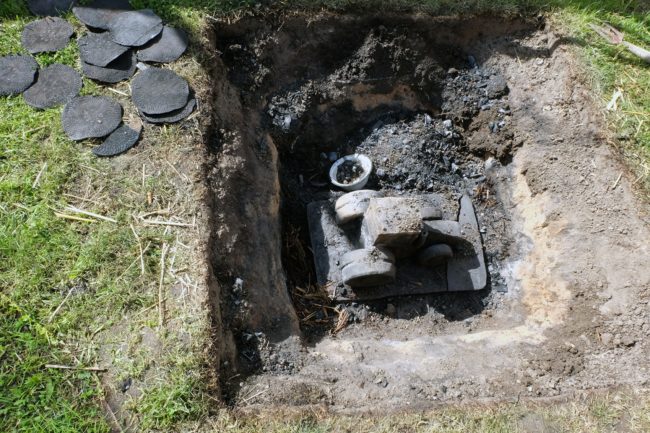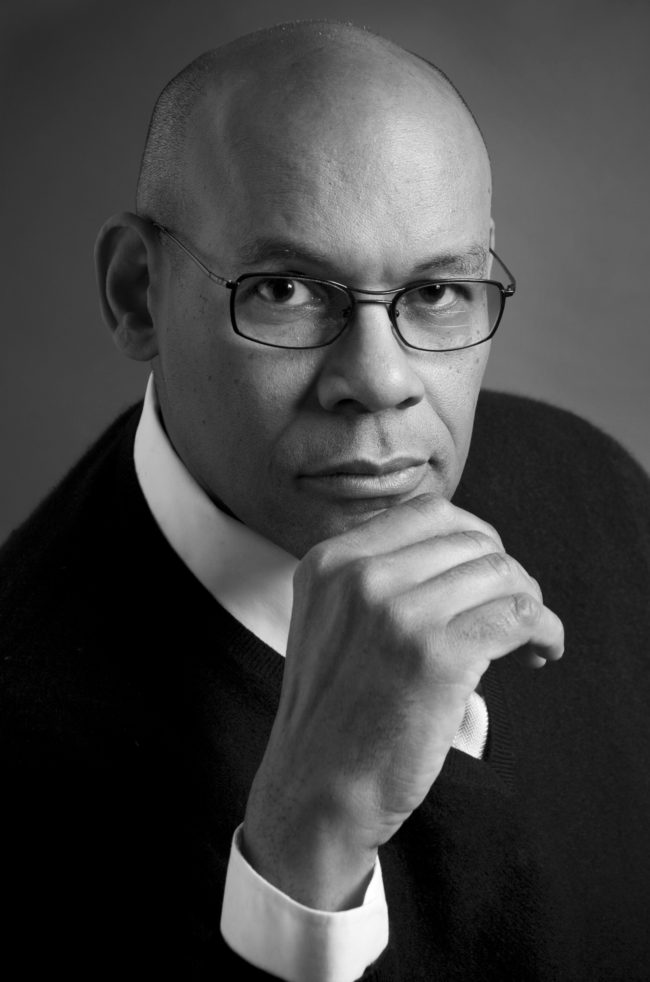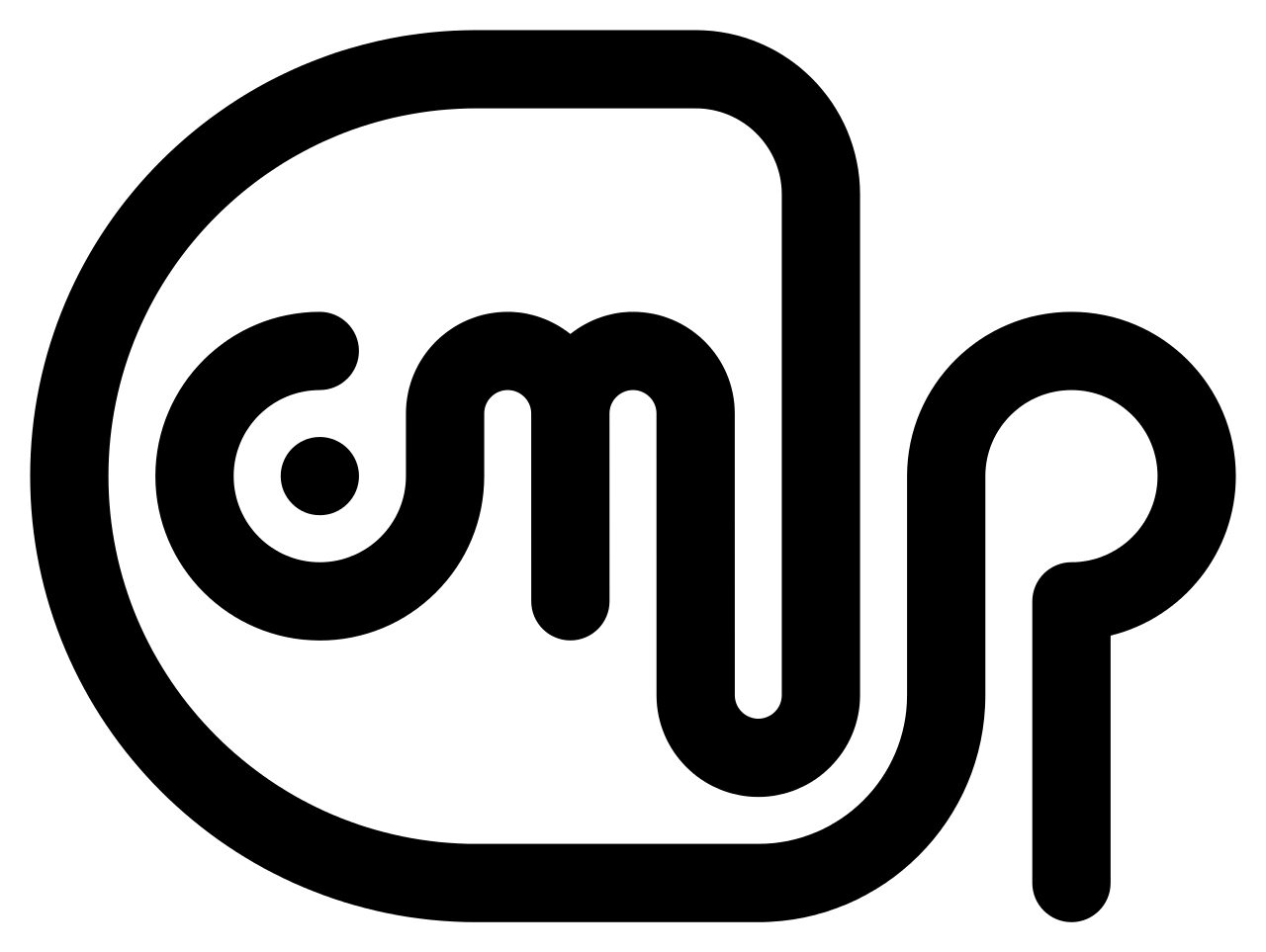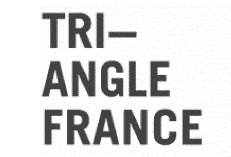The Lost Decade by Hugo Hopping
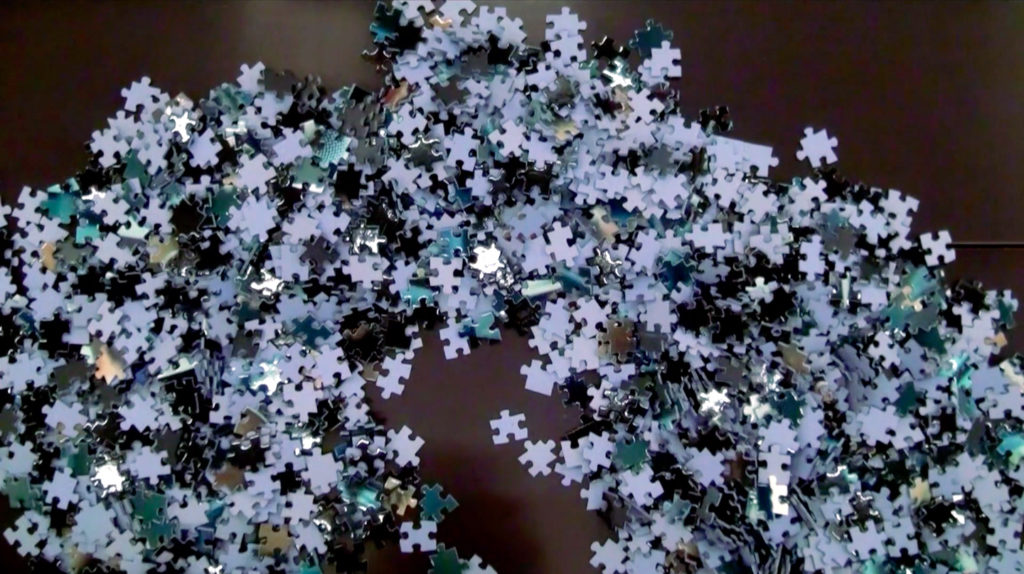
The Contours of a Table Game. Hugo Hopping, 2010 / 2020. 98 cm x 65.34 cm (2000 pieces).
The Lost Decade by Hugo Hopping
With the participation of Wilfrid Almendra and Aurélia Defrance, moderating conversations with Laure Jaumouillé, Abdessamad El Montassir and Cédric Fauq.
The Lost Decade is the concluding contribution to the virtual programme, Nature as Infrastructure, which has been organised as part of Manifesta 13, Les Parallèles du Sud. The piece incorporates a key work by the co-founder of The Winter Office, Hugo Hopping, and is complemented by three conversations with Laure Jaumouillé, Abdessamad El Montassir, and Cédric Fauq. These conversations have been hosted by the independent curator and project leader responsible for developing all of the Marseille-based aspects of this programme, Aurélia Defrance.
English subtitles are available by accessing the CC video menu.
Laure Jaumouillé is a PHD candidate at Goldsmiths, University of London. In this video conversation she introduces the concepts that are at the core of her doctoral thesis entitled Studies for the End of the World, and deals with the philosophical question of ecology in art from the 1960s to the present day. More specifically, Jaumouillé discusses how we must think of the globe differently and try to give a visual form to Gaia and the "people" who compose it, and also considers the need for a slowdown in science. Finally, she questions the way in which perspectivist thinking and indigenous ways of living can represent new models for our future.
Abdessamad El Montassir discusses the importance of plants in his work, taking his film Achayef as an example. He specifically addresses the idea that a plant can be the carrier of a human memory, and that humans and non-human lives are intrinsically linked in the Saharawis' perception of life. He also tells us about his current project Adouaba. This film focuses on the Adwaba villages in Mauritania and their local population, villages which Montassir identifies as contemporary marronage places. The film also considers the Tranquilos, which are located in the forests of North-Morocco and become shelter for people while in migration, as a place where new forms of emancipation and resistance emerge.
Cédric Fauq looks back at the exhibition So Much Depends Upon a Red Wheel Barrow by Wilfrid Almendra at Atlantis-Lumière, of which he is the curator. He recalls his first encounter with Wilfrid Almendra, the discovery of his studio and exhibition space Adélaïde, and traces the existing connections between Almendra's practice and the research of The Winter Office. He shares with us his ideas on how contemporary art institutions can participate in thinking about ecological modes of existence, and discusses the possible connections between ecological, feminist and decolonial thinking.
The three conversations were recorded online, while Wilfrid Almendra was putting together the pieces of The Contours of a Table Game from Adélaïde’s space.
____
The Lost Decade is a multi-faceted project, resulting from a series of invitations and instructions issued by the American artist and director of The Winter Office, Hugo Hopping. The outcome of these were organised into this presentation by the independent curator, Aurélia Defrance.
The project was originally conceived as an artwork in the form of a jigsaw puzzle titled: The Contours of a Table Game (the Artist interviewing Achim Steiner), by Hugo Hopping. The puzzle is composed of a photograph that was taken during the COP15 conference that took place in Copenhagen, Denmark in December 2009. It shows the artist, Hugo Hopping interviewing Achim Steiner, who at the time was the Executive Director of the United Nations Environmental Programme. The artist (standing as a reporter) asks a question to Mr. Steiner regarding the consequences of failing to secure an agreement to reduce the effects of climate change. From the perspective of the puzzle, the answer remains inaudible.
Almost ten years have passed since 'The Contours of a Table Game', the same question persists and little has been done to reduce the human-led effects of climate change. In response to this and in the context of The Winter Office being invited by Wilfrid Almendra to develop an exhibition and a public programme for his space, Adelaïde, the artist introduced the idea of showing the puzzle once more by offering it to the public of Manifesta 13 to play with. He imagined visitors would have a chance to engage in conversations that would be led by local interlocutors and that would take place at this puzzle table (designed by The Winter Office). The idea behind this is that the conversation would encourage the public to discuss the acceleration of the climate crisis and the increasing complexity of its management. Unfortunately, the second wave of Covid19 hit France, and the subsequent lockdown led to a transformation of the project. As a result, Aurélia Defrance, an independent curator based in Marseille, was invited to organise and moderate a series of conversations in three separate recordings. She chose to invite critic Laure Jaumouillé, artist Abdessamad El Montassir and curator Cédric Fauq to discuss, through their own research and discipline, how art contributes to nurturing ecological thinking, give their takes on this last decade and find lineages or points that touch on the work by Hugo Hopping.
Wilfrid Almendra was invited to assemble The Contours of a Table Game puzzle from the exhibition space itself and thus act as our avatar and stand-in for the public.
In the words of Aurélia Defrance about the project, “It was a challenge to respond to Hugo Hopping’s invitation. The current context is transforming our ways of working and the temporalities in which we operate, but also and above all, the aesthetics of the projects. However, the issues we deal with must remain embodied. The Contours of a Table Game addresses a fundamental question, represented through one man facing another, in a diplomatic context that is fraught with expectations and disillusionment. I rooted The Lost Decade’s conversations in the philosophical and artistic field in order to put in perspective the gap existing between the initial image (its context and the issues that are associated to it) and the images, notions and research evoked by the three contributors. This gap is not necessarily to be "bridged" but should be questioned.”
The Lost Decade is the ending contribution to our virtual programme 'Nature as Infrastructure', and will be available on Bruise for an indefinite period.
The Contours of a Table Game (the Artist interviewing Achim Steiner), by Hugo Hopping was photographed and made into a 2000 piece jigsaw puzzle in 2009. In 2020 the jigsaw was reprinted for the Nature as Infrastructure exhibition at Adelaide/Atlantis exhibition space in the frame of Manifesta 13, Les Parallèles du Sud.
CONTRIBUTORS
Laure Jaumouillé is an art historian and critic for various reviews. She has published in magazines such as Laura, Code, artpress and Frog. She also contributes to numerous exhibition catalogues and monographies. In 2012, she took part in the Experimentation in Art and Politics program founded by Bruno Latour at Sciences Po (SPEAP). In 2015 she settled in London to undertake a PhD in Cultural Studies at Goldsmiths College, in which she approaches the philosophical question of ecology in art from the 1960’s to nowadays.
Abdessamad El Montassir is a research based artist who lives and works between Boujdour, Rabat (Morocco), and Marseille (France). In his work, El Montassir invites us to rethink history and cartographies through collective or fictional narratives and immaterial archives. His projects also question traumas and their impacts on individuals, their behavior and their socio-political evolution, and reveal processes where these traumas serve to historization. Abdessamad El Montassir tackles these problematics while taking into consideration the knowledge on non-human identities -plants- in order to ignite the emergence of renewed manners to think about our environments.
Cédric Fauq is curator at Palais de Tokyo. He previously worked as a curator at Nottingham Contemporary where he developed the exhibitions Still I Rise: Feminisms, Gender, Resistance; Sung Tieu: In Cold Print; Grace Before Jones: Camera, Disco, Studio; and performances such as Okwui Okpokwasili, Steffani Jemison, and Lou Lou Sainsbury. In parallel with his curating, he writes and develops independent projects such as DOC, Paris (2018); Sophie Tappeiner, Vienna (2018); Nir Altman, Munich (2019); Cordova, Barcelone (2020) and Litost, Prague (2020). He codirected clearview.ltd in London from 2016 to 2018; and was a member of the curatorial team of the Baltic Triennial XIII (2017-2018). Cédric Fauq is also the curator of Wilfrid Almendra's solo exhibition at Atlantis Lumière, Marseille, which is taking place in the frame of Manifesta 12 - Les Parallèles du Sud.
Aurélia Defrance studied Fine Arts in the ENSA, Dijon and Curatorial Studies in the Städelschule and the Goethe University, Frankfurt am Main. Defrance has worked as an assistant curator at Portikus, Frankfurt, La Loge, Brussels and Triangle France, Marseille. She co-founded and programmed the Berlin based project space PMgalerie from 2009 to 2012 and has been invited as a guest curator at the Nassauischer Kunstverein, Wiesbaden, Galerie Parisa Kind, Frankfurt, Solalanotte, Frankfurt, Oslo 10, Basel and La Box, Bourges. She was part of the program CAPACETE 2016 in Rio de Janeiro and is currently based in Marseille where she works as an independent curator.
Wilfrid Almendra is a French-Portuguese sculptor whose work draws upon architectural influences found in the shapes and surfaces around us. He brings together diverse, found, and repurposed materials to create works that reference the practices of hobbyists and which in turn question social class divisions, labour and alternative economies, and/or attests to notions of desire and invention within the cracks of normative systems. Wilfrid Almendra is the founder of Adélaïde, the artist-run space in Marseille that invited The Winter Office to participate within the frame of Manifesta 13, Les Paralleles du Sud.
Hugo Hopping is an American artist who often works with video, photography, drawing and other mediums as part of his conceptual art practice. In addition to his artistic activity, he is involved in writing about art, architecture, and cultural history. He is also the co-founder and director of THE WINTER OFFICE (est. 2010), which is a work-group exploring experimental art and architecture projects. He lives and works in Copenhagen.






































